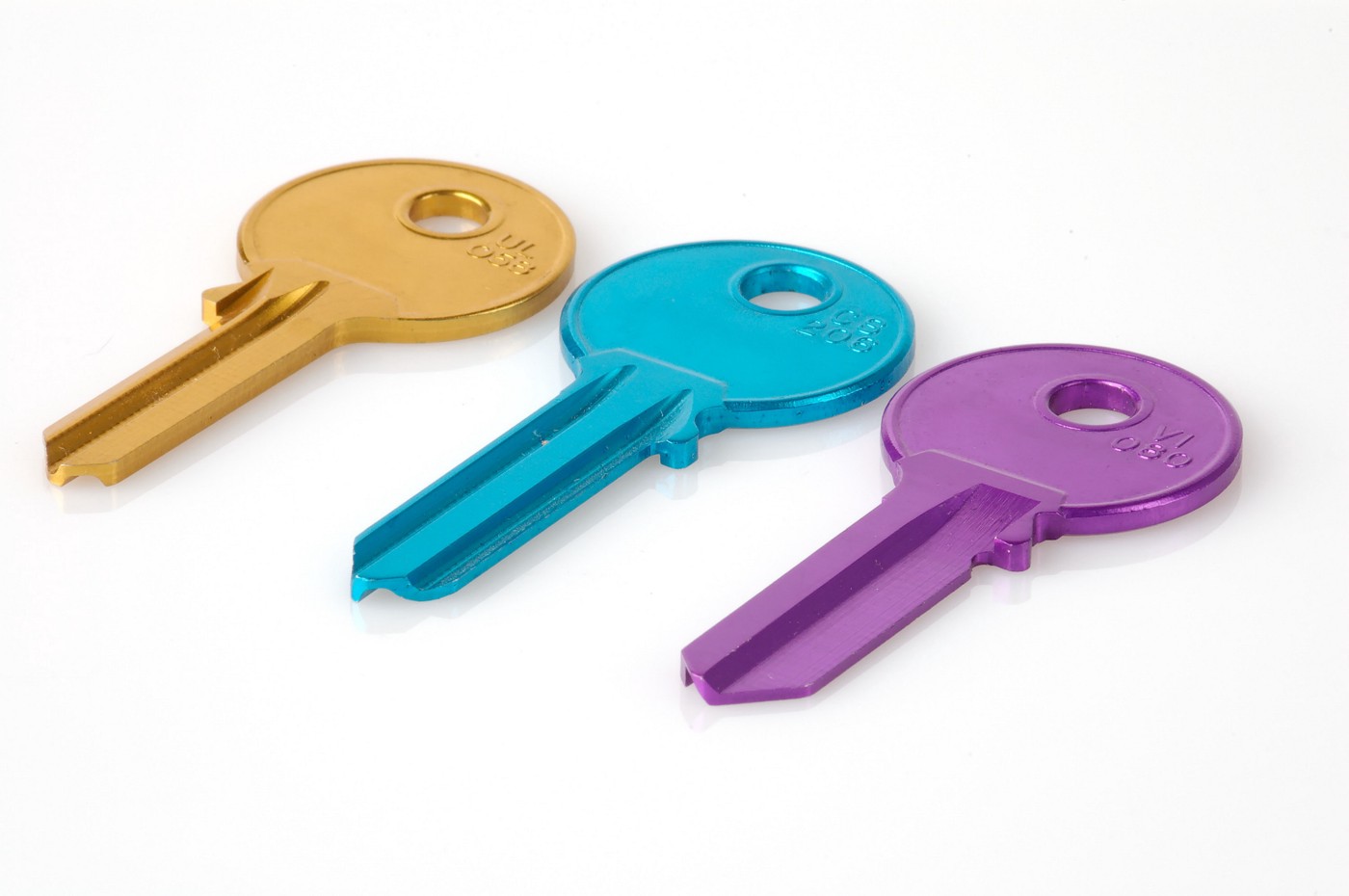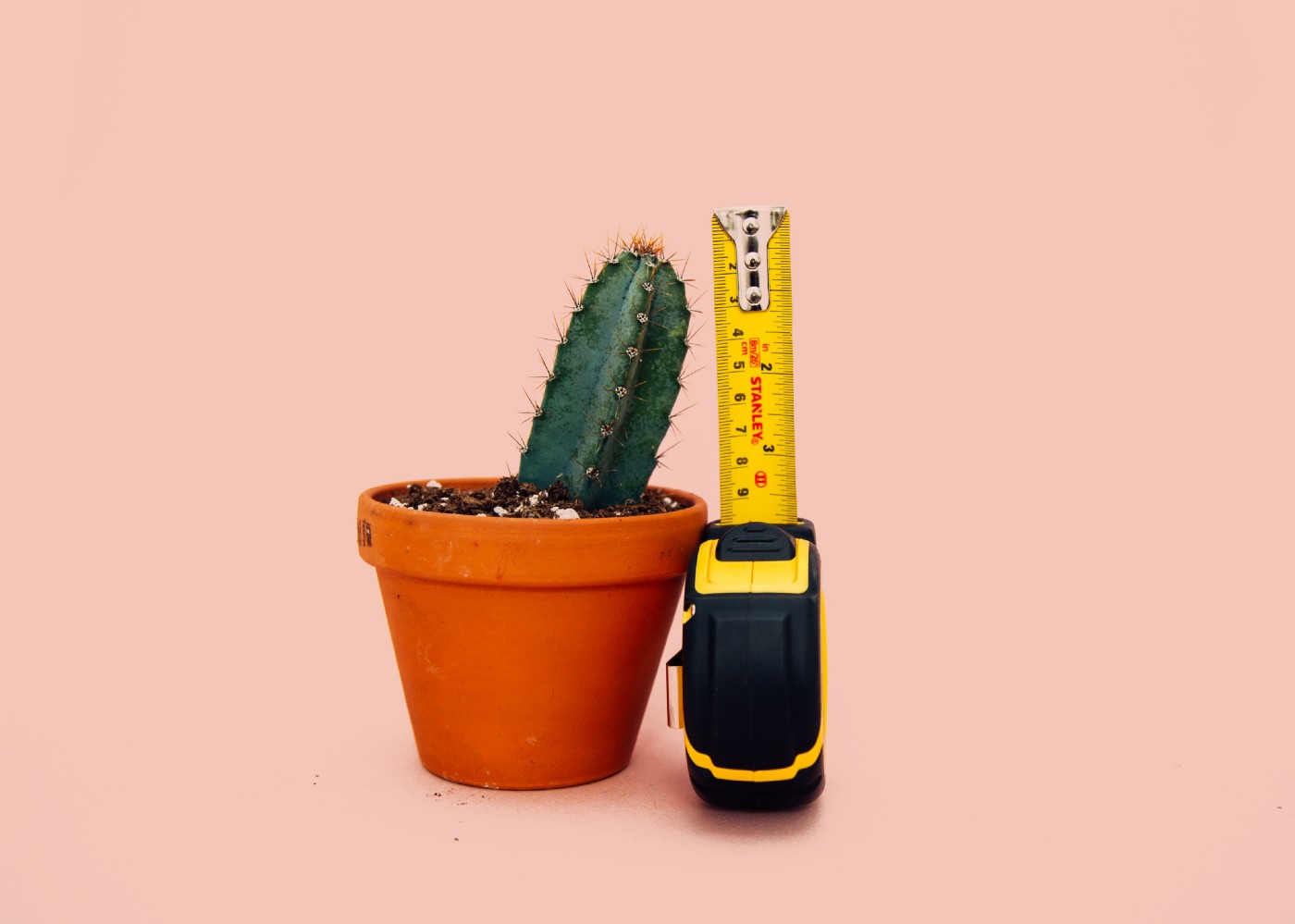What Are You Up To in 2020?

Photo by Jude Beck on Unsplash
Setting a good plan is about finding key goals, listing other issues you want to pursue, improving your habits with some new resolutions but also about thinking on how a complete year might influence your next ones. But then it is vital to share this plan with your immediate surroundings as achieving what you propose becomes much easier if it is done in harmony with family, close friends and co-workers and your micro-community.
The World in 2020
According to Daniel Franklin, editorialist of The World in 2020 from the prestigious publication the Economist, 2020 might be an even more tumultuous year:
For the first time in 60 years the new decade coincides with a year of the rat, the start of the 12-year cycle in the Chines zodiac. And, as the predictions of this volume describe, 2020 will not be short of drama. A dozen highlights give a sense of what lies ahead.
Among others, he is referring to the elections in the US, economies wrestling with negativity, sports having a jumbo year with the Tokyo Olympics and the Euro 2020 in football and of course the issue of climate, while the Gulf will host the Expo 2020 global fair. Multiple missions are heading for Mars, including America, Europe, China and the United Arab Emirates. But movie streaming is also expecting major changes with multiple new platforms being announced for a launch in 2020, Netflix, HBO GO or Amazon Prime being seriously challenged.
Back to my year
First days and weeks in January are the period for setting goals and promises for yourself which then you aim to keep during the year. Or in other cases, you might tend for forget them in just weeks or even days. You might be just after the New Year Celebrations, and time is not rushing you to make a proper plan for 2020. I would suggest you leaving time to have a proper plan even is this means you go a little bit more into January. Being realistic is a key factor in setting a good plan. It needs to be based on what goals you are following in general in your life. If you managed to send yourself a letter into the future, then that is also a source of inspiration about what you want to achieve for yourself and your surroundings in the upcoming decade.
Set some key goals for yourself
Think about and write down all that you want to achieve in 2020. Consider what you have achieved in the past year. If you did not yet do that, it is still not too late, although if life stats to roll in 2020, that period of possible reflection about 2019 might be over sooner than you expect. If you consider, here is a guide on how to do a 90-minute reflection about your past year.

Photo by Florian Berger on Unsplash
This list of achievable aspects might be longer, but I suggest you finding 3 key goals for yourself which might be more complex and might serve several aspects of what you wrote down on that list. For example, if you want to work more on two key projects related to how one can improve volunteering in your community and how one can improve crowdfunding schemes in the same community, maybe your key goal can become your pursuit of understanding and improving community interaction and resource allocation of community members (like time and financial resources). Or if you plan to work on several assignments in your company or organization like the motivation of employees or the improvement of the office space in serving the cooperation of employees, then your key goal is in fact the general improvement of productivity within your organization.
I you feel your full list is too long, try to prioritize with the very simple ABC tool.
For example, I managed to set myself 3+1 key goals and a list of 8 additional more specific things I would like to achieve in various aspects of my life during 2020.
Following goals and measuring their achievement
There are two aspects which I consider important in any key goal. One is represented by the indicators and tools of measurement, while the second one is following up on them. Regarding the first one, it is about making your goals SMART (specific, measurable, attainable, realistic and timely). So, try to describe in numbers or specific quality aspects what exactly means reaching your key goal. Also, try to think about and add some tools with which you will be able to measure them.

If you have clear goals and you have clear indicators and tools of measurement, then making an evaluation on how you performed is very easy. If something is missing from all of this, then your evaluation might become pretty subjective when comparing what you wanted with what you achieved, actually.
Set yourself a calendar on when to do a review of your action plan for the year.
We tend to these exercises of planning and evaluation only at the beginning or at the end of a year. Challenge yourself and set yourself some reminders about when to look on your own action plan for this year. It is really your choice, it can be something done monthly, quarterly or at half point. Just think on how your dynamic of the year looks like normally and pick the right moment. For example, a proper moment could be just at the end of the holiday season which for me usually is around 31 August. That moment might be a right one in checking up on yourself and seeing what one needs to do in the Autumn period which is usually one when you can give an accelerated push on some things.
Resolutions, or imagine the changes you might want to see in your life
New Year’s resolutions are a top hit in the recent past and today. Basically, you promise yourself things you will do, or you will not do anymore. In my mind, these resolutions are connected to my own habits organically. Although changing a habit might not be a key goal in itself, it can certainly improve your feeling about yourself or the reaction of your immediate surroundings, like your home, family, or the community of your co-workers.

Photo by KEITH WONG on Unsplash
For me, going back to San Francisco is a resolution. A habit which I started in 2018 and which I aim to keep in 2020, too. But I would like to avoid Karl, the Fog, pictured above.
Habits can refer to a routine you are performing now, but which you think it is rather flawed. It can be something identified as a need, but which is not fulfilled yet. For example, your physical activities need a variety, so you want to introduce swimming among your workouts. Stopping to smoke is another issue which can be attained either drastically, like not smoking at all from January 1, or reducing the quantity of smoking by a certain percent. Again, be specific with this resolutions or habit changes, as evaluating yourself might become easy, or hard, if you are not specific enough.
New habits can also mean altering old ones. A new habit or changing one that already exists in your life might not be the goal of the year for yourself, however it is what helps you going, being more productive or effective or not losing vital resources, like your time. So, just think on what you would like to change in how you deal with your everyday life.
Just some examples: there is a growing community of people waking up in Romania at 5 am. They even formed a community for themselves supporting each-other and sharing the benefits of waking up at that hour. Another habit can take the shape of allowing yourself just 10–15 minutes during an evening to plan your following day, a habit advocated by Ryder Carroll in his Bullet Journal Method.
What would happen in 2021 and 2022 if you reach your goals in this new year?
Although you set yourself for a plan of only a year (this is what I am calling short term planning), you might still try to contemplate about the effects which a fulfilled 2020 might have on your upcoming years. For example, if you aim for reaching Singapore during 2020, that might be part of a bigger aim of reaching all continents on Earth in three years. Or, if you go for restructuring your sources of income, this might lead to a sustainability for yourself on long term.
Your plan for 2020 and the plan of others
Try not being selfish about what you want to achieve this year. Use the first month of the year to sync this plan with plans of others. We are social animals. So, achieving our own goals depends on our surroundings too. Do not impose but try to share your plans and try to understand the plan of others. With a clear personal plan, you can have the upper ground as others might be still in the shadows about what they are pursuing. But this can also be a positive advantage as you might take leadership on group planning.

Photo by Elaine Casap on Unsplash
Finally, and most importantly, do share your plans with your family and close friends, or your micro-community. They are the critical factor in helping to achieve your goals. You can aim for key goals just by yourself, but with their support everything will be much easier.



